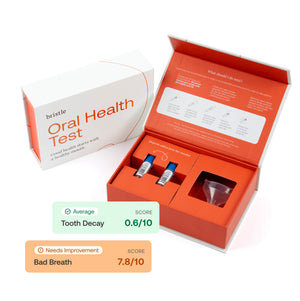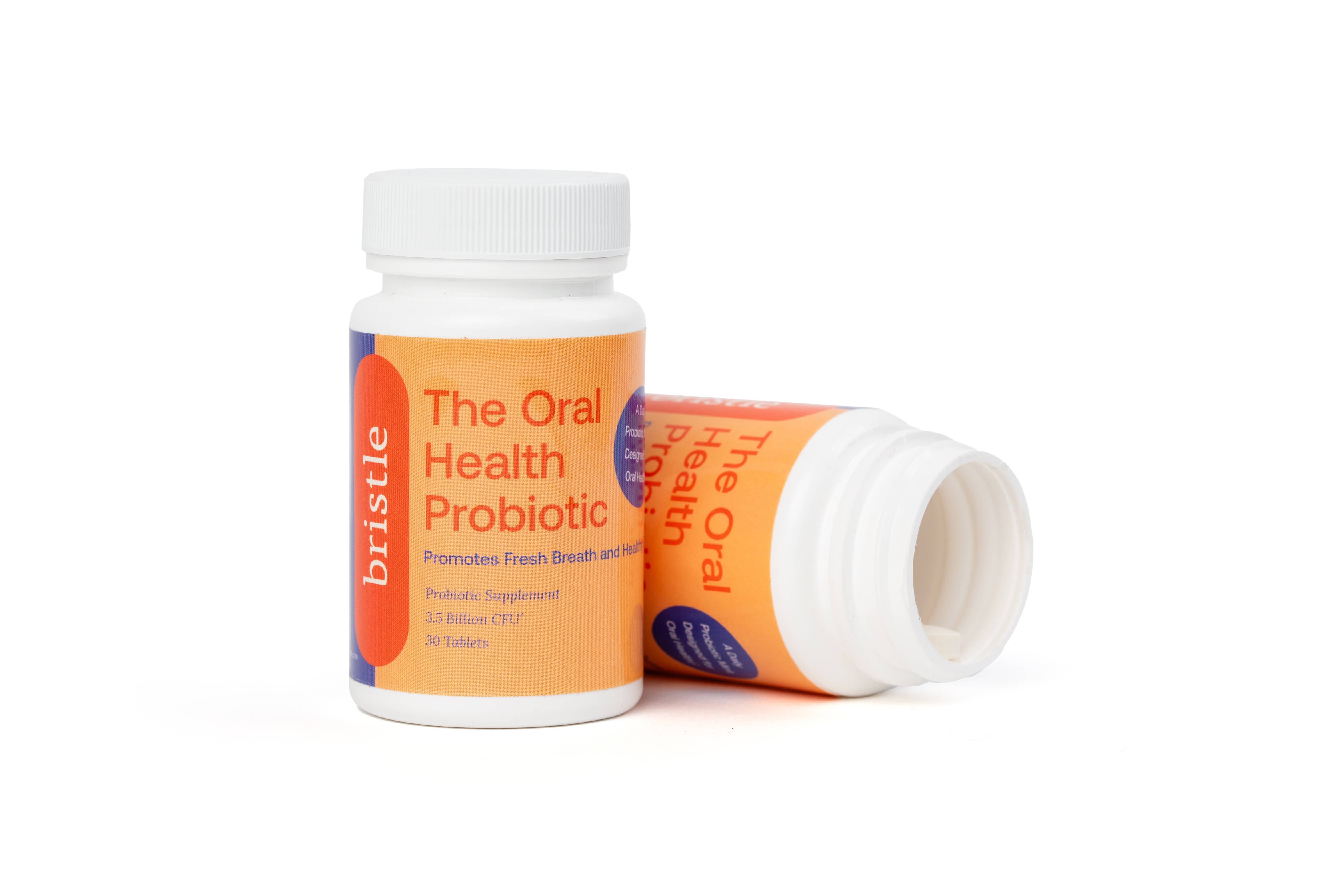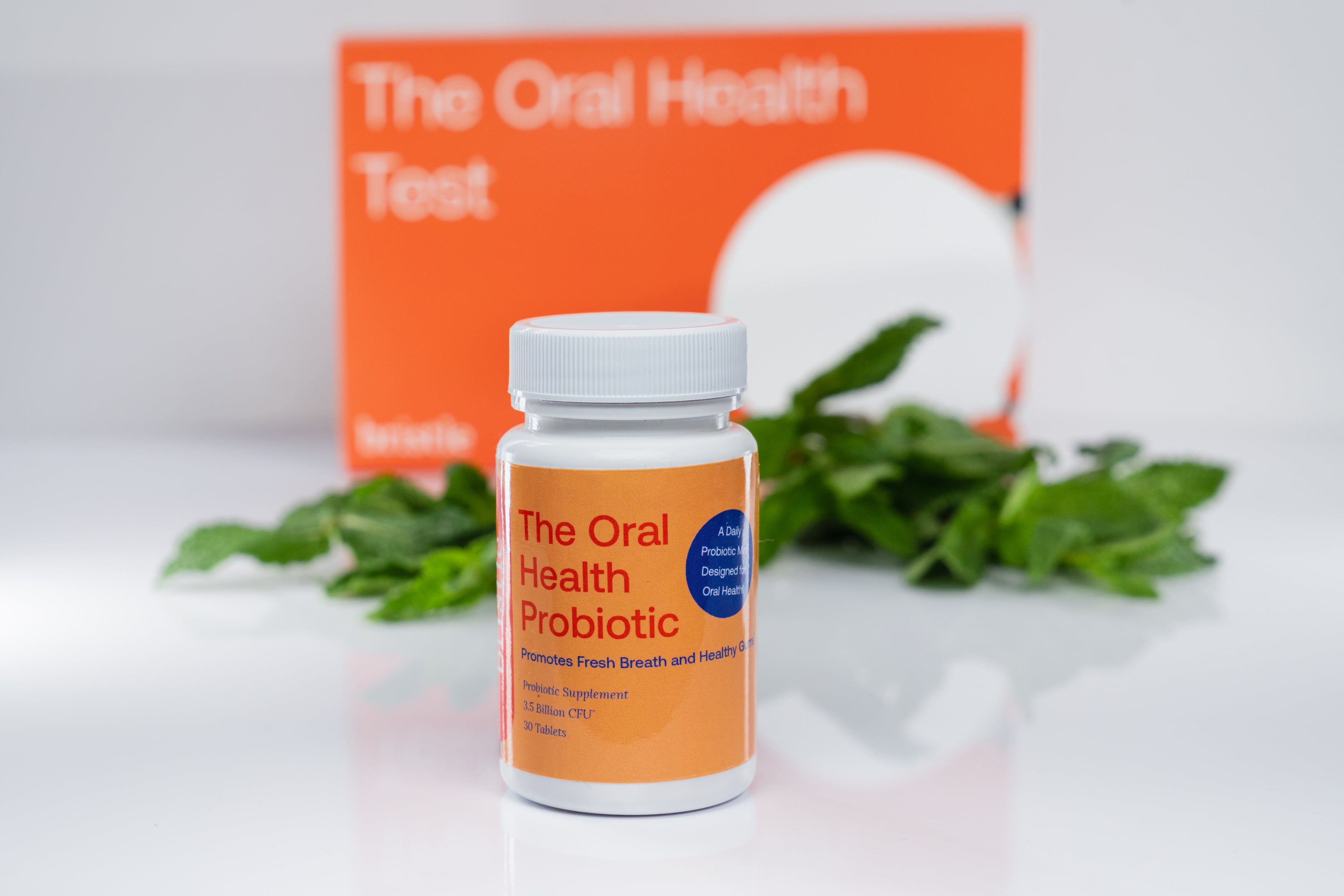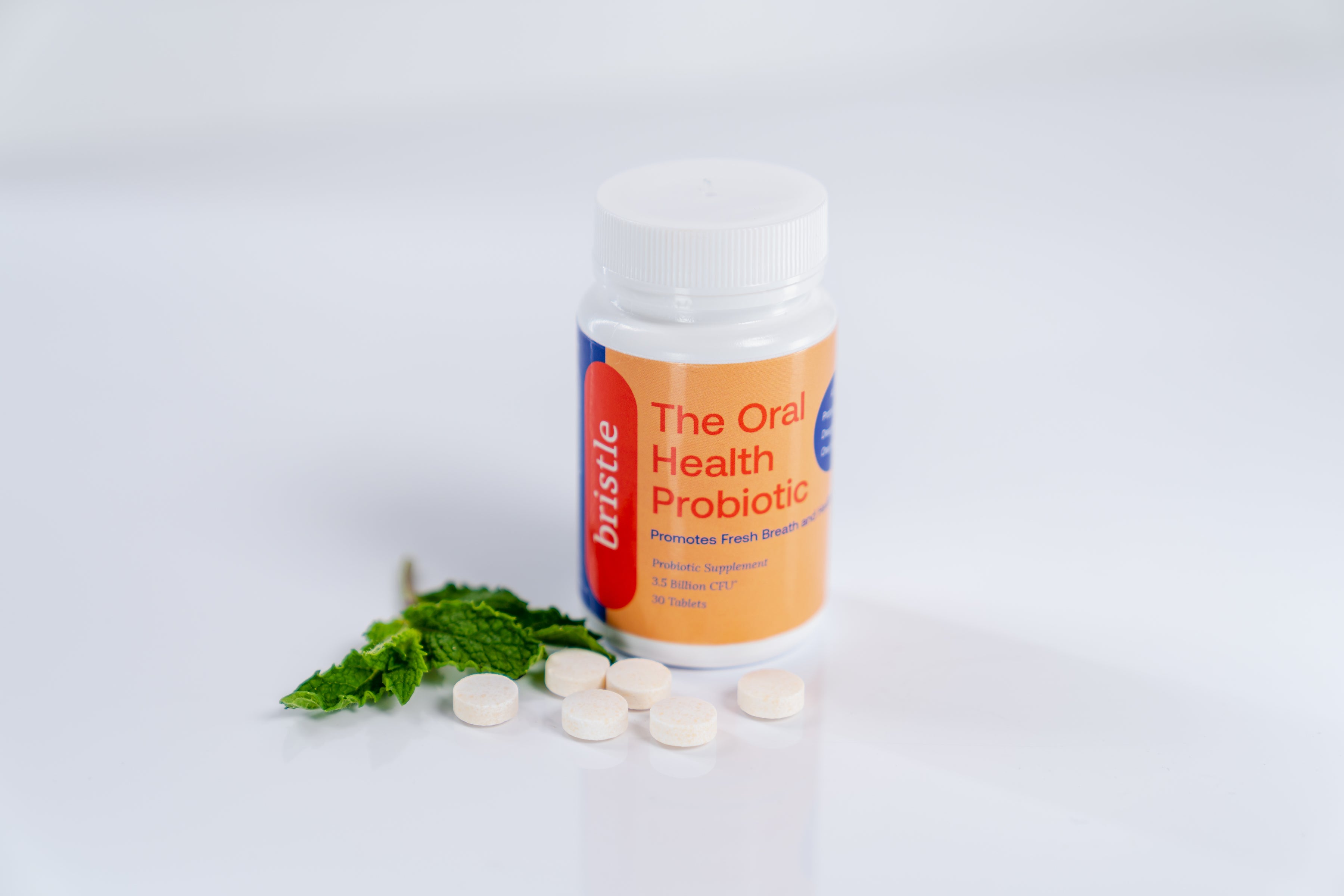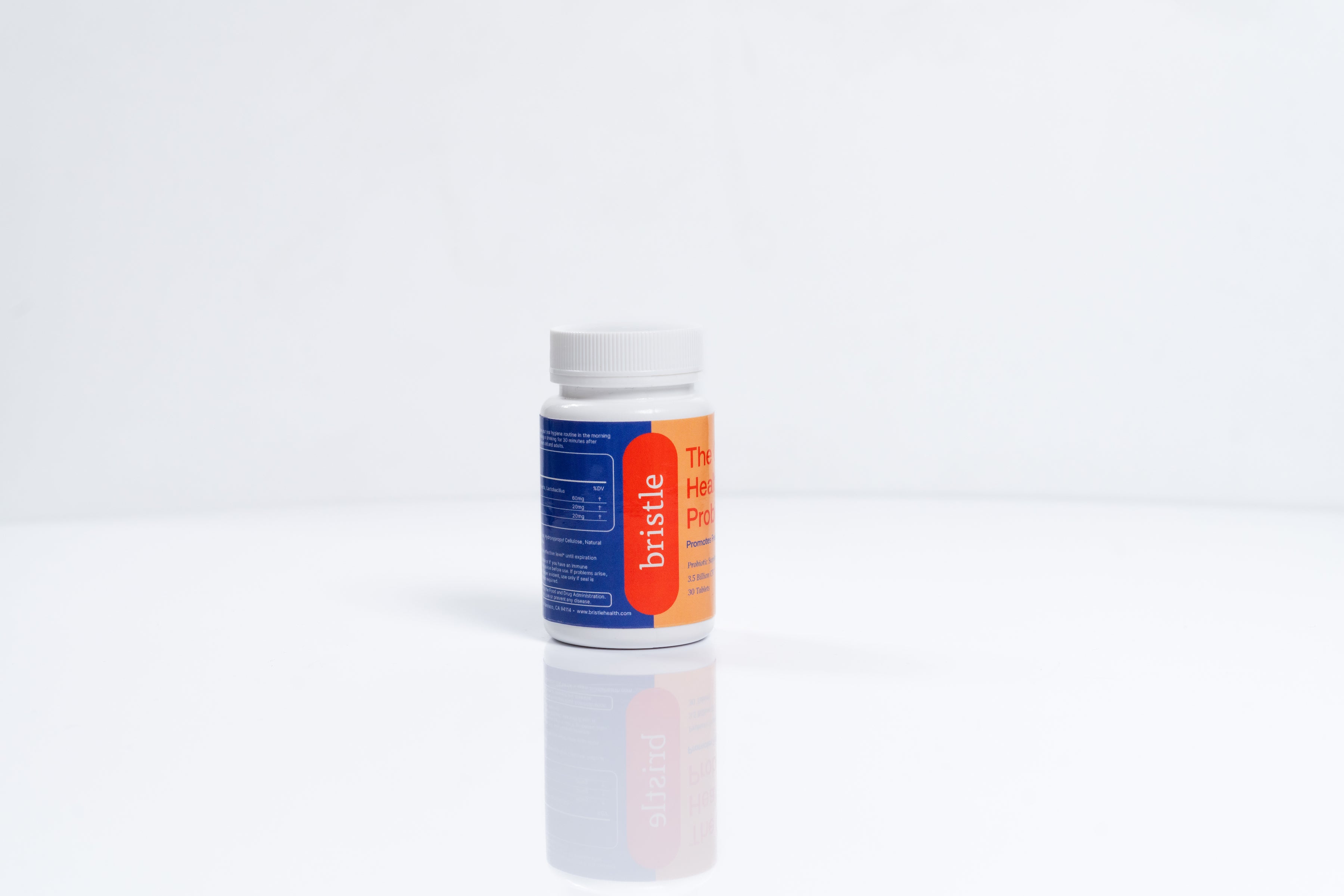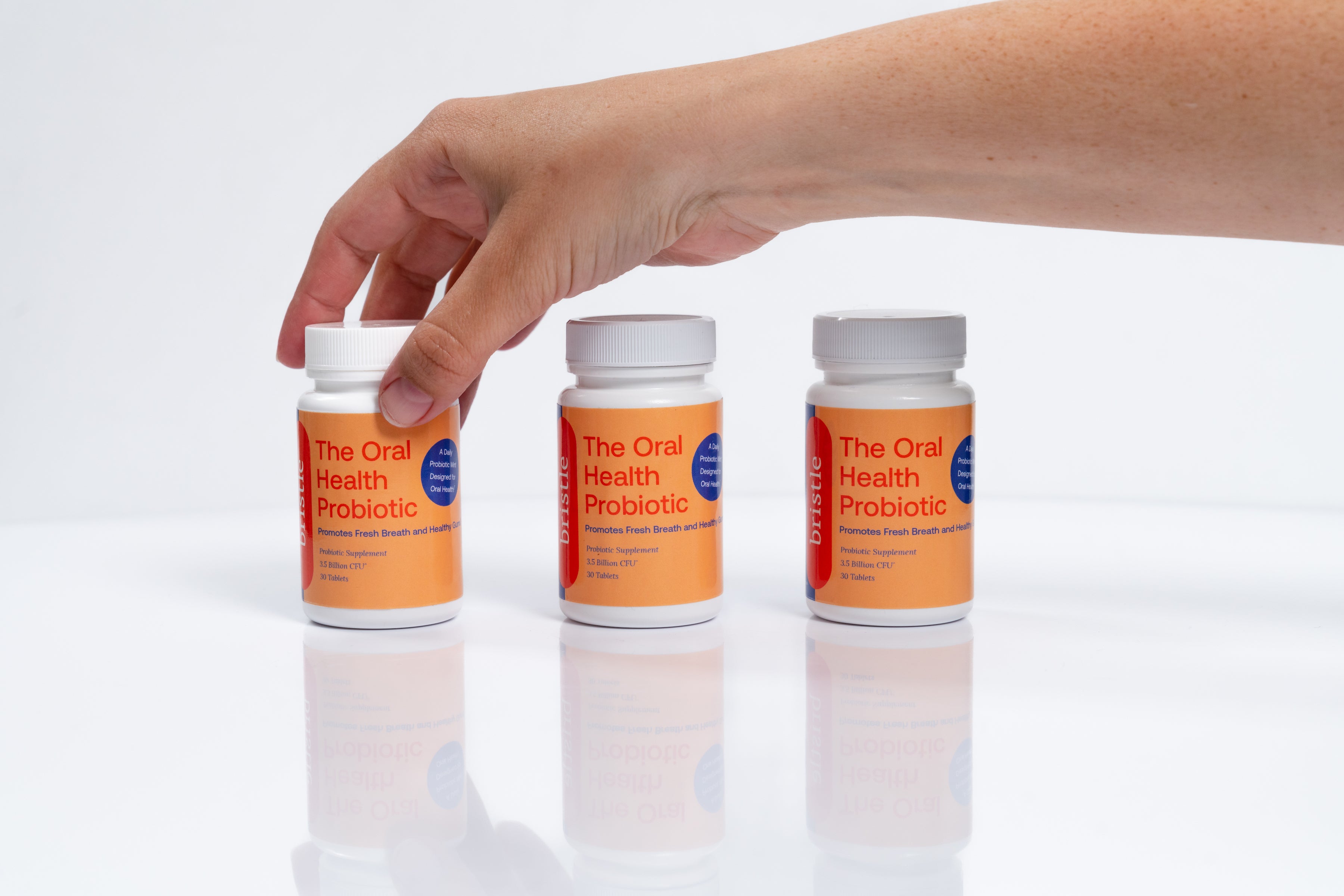Your oral microbiome is one key to understanding your oral health and your risk of gum disease. Think of it as one piece of the puzzle that will show you more information about the other puzzle pieces-- and in this case, the puzzle is your overall health!
Read on to learn more about oral microbiomes and gum disease!
What is an oral microbiome?
The oral microbiome is an ecosystem of microbes (over 700 to be exact) that live in your mouth. Your oral microbiome is unique to you and help your mouth function by breaking down food, producing vitamins, and fighting infection. The microbiome is so large and complex that scientists are still working to understand all the ways it works.
What is gum disease?
Gum disease, also known as periodontal disease, is an infection of the gums. The progression of gum disease starts with gingivitis, which shows up as redness and swelling in the gums. As it becomes more severe, gingivitis evolves into periodontitis.
Periodontitis is a more severe gum disease that is incredibly common, affecting up to 50% of the population. Periodontitis changes the way bone and tissues function in the mouth.
Relationship between oral microbiome & gum disease
Because microbiomes host bacteria and other organisms, our oral microbiome can tell us things about our general oral health. When your gums or oral bacteria are out of balance, it can lead to disease. But by looking at the the community balance within the microbiome, you can understand your risk of disease.
Want to learn more about the health of your gums? Bristle can let you know your risk of gum disease!
Prevention tips for gum disease
The risk for gum diseases varies based on the individual and their habits and health. There are some habitual/behavioral risk factors that contribute to gum disease. The most researched one being smoking. In addition to smoking, some evidence points to
Nutrition
Having an unhealthy, or high concentrated amount of sugar in your diet may put you at greater risk for gum disease
Stress levels
Studies show that under significant stress are more likely to develop gum disease. Different theories exist on why this might be the case, one being that good oral hygeine is more difficult to maintain under stress.
Key takeaway:
Understanding your oral health and your oral microbiome can give you more insight into your risk of gum disease. While at the same time, taking care of your oral health will help keep your oral microbiome bacteria levels regulated and decrease your risk of gum disease. If you want to take active steps to decrease your risk, try some of the prevention tips below, and take a bristle test to get custom advice based on your oral microbiome.

